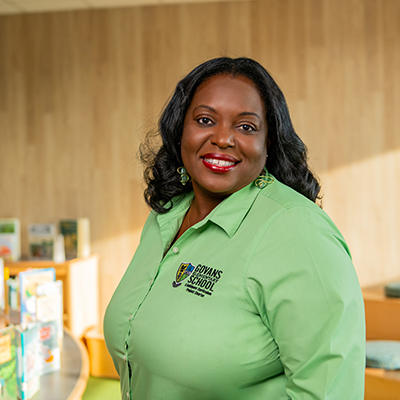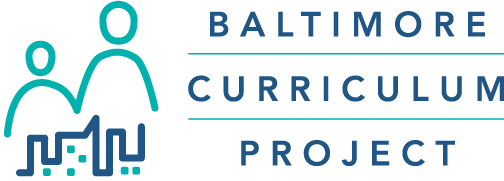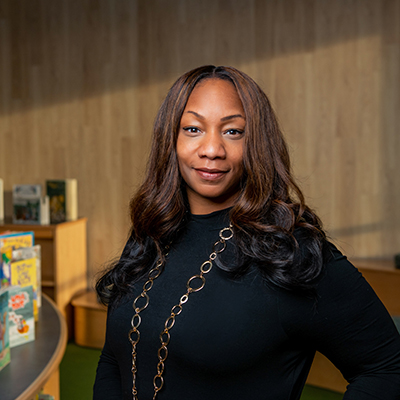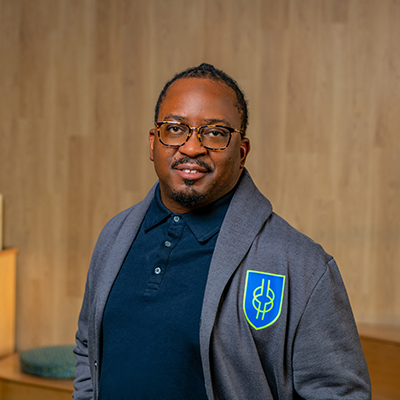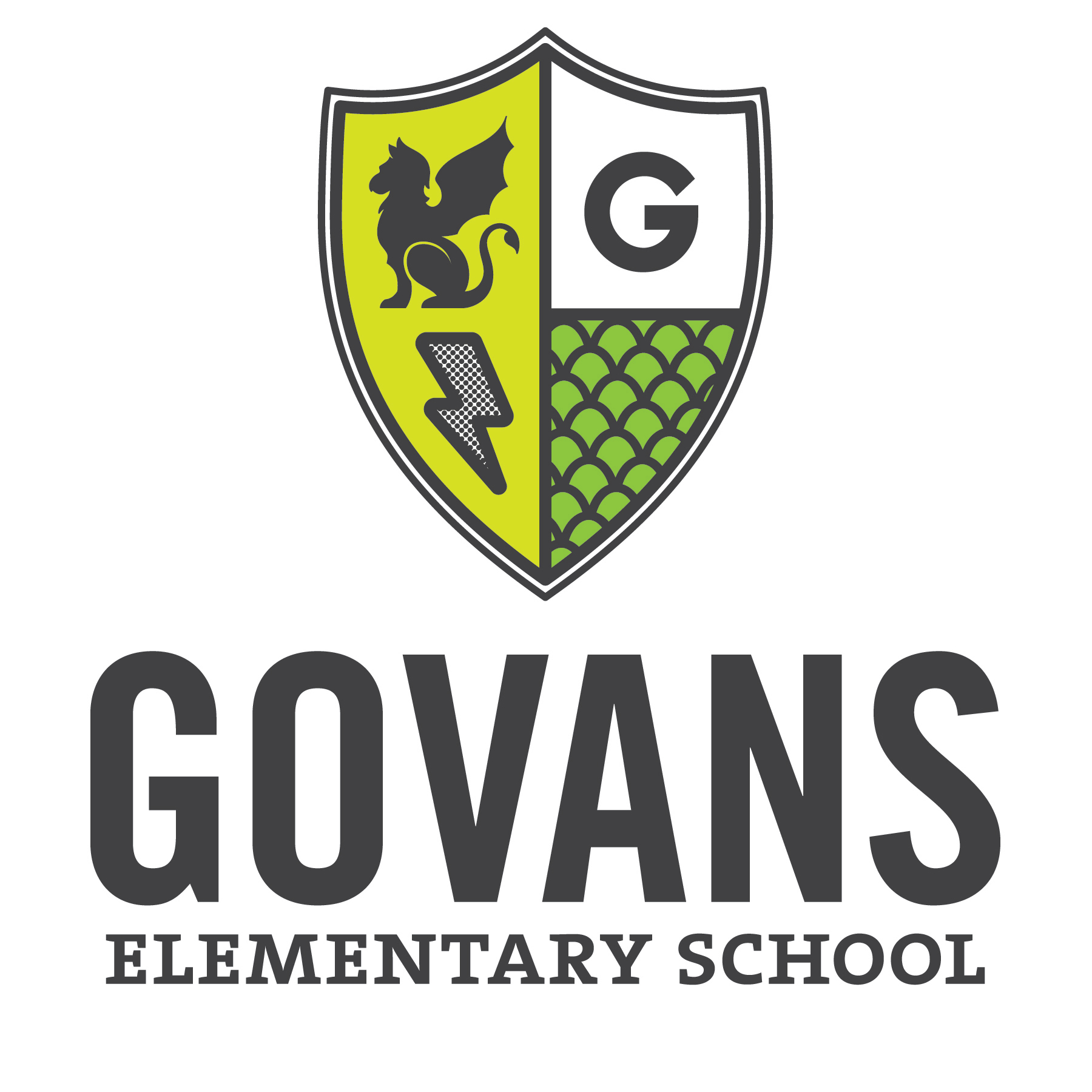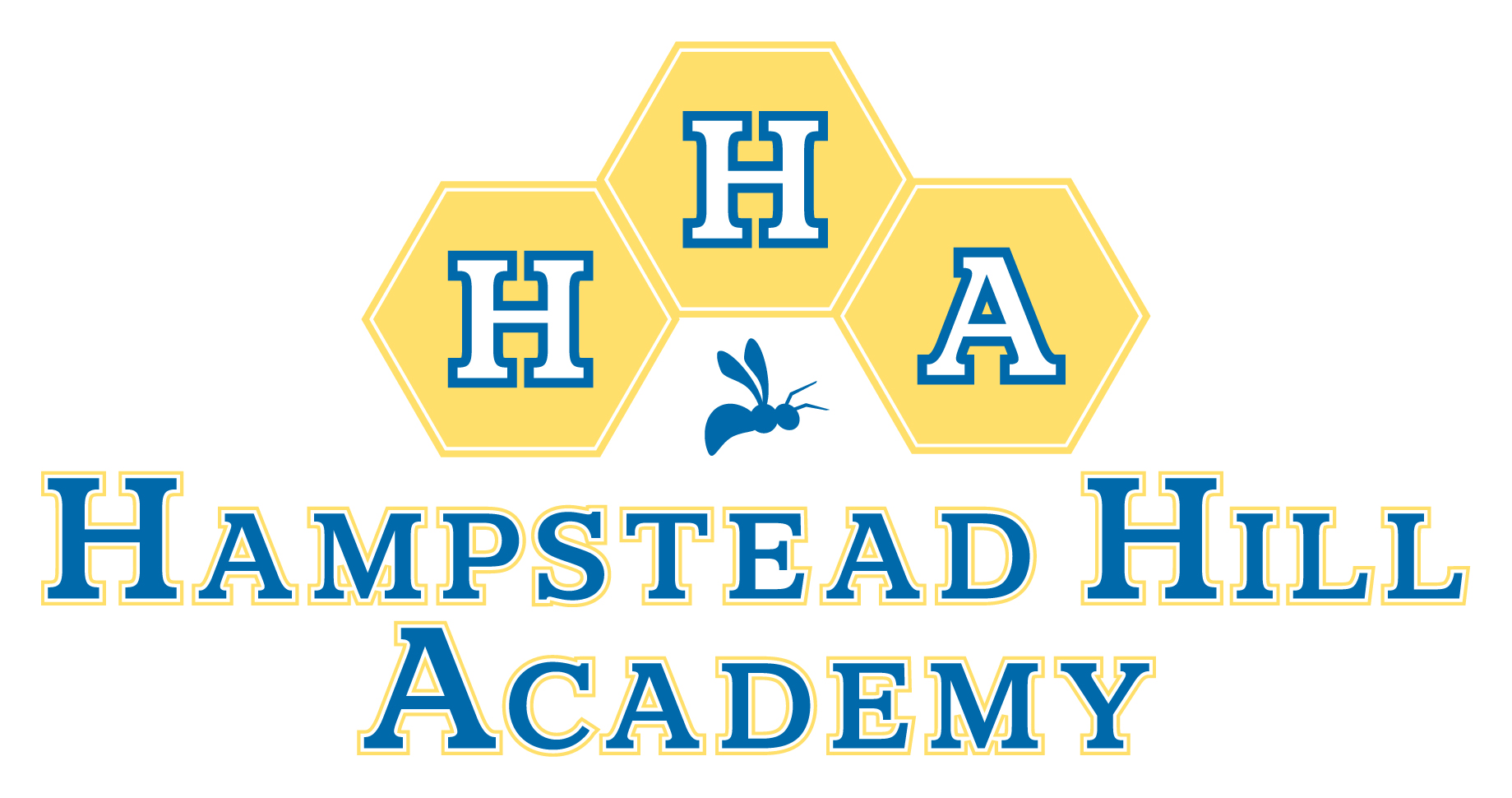I never wanted to be a principal. This is a common refrain from many school leaders, but it could not be more true for me. I resisted at every opportunity leading up to accepting the role at Frederick Elementary School (FES) in 2017, when FES became a Baltimore Curriculum Project (BCP) neighborhood conversion charter school.
Whenever I am asked what finally changed my mind, the answer is the same; it was being a principal in a BCP school. My prior experience with BCP and its schools from my days with the Baltimore City Schools district office (BCP’s partner) afforded me the opportunity to know the leadership and staff as well as the schools and their principals. I always admired the value that BCP leadership placed on honoring principal leadership at the school-level and providing appropriate levels of support when needed.
One of the other BCP values that I observed and appreciated was the use of research and evidence-based strategies in all facets of operation at both the school and operator levels. It was a community of learners, and I felt at home within it. I also valued being associated with an organization that had rockstar principals on the roster already. It was a challenge to be able to live up to the reputation of the BCP principal. At the time of my departure from FES this past summer when I became BCP’s Chief of Schools, BCP had two school leaders formally designated as Distinguished, Baltimore City Public Schools’ highest honor for principals (with one additional principal eligible for the distinction), two formally designated as Transformational (the second highest honor), and another two eligible for that distinction. That means that every school leader in the organization was recognized for effectiveness in leadership. I am proud to have served alongside BCP principals, and I am even more proud to now serve BCP principals in the realization of their visions for their school communities.
After six years in that role, it was an honor to be invited to join the leadership of BCP to further the commitment to supporting school leaders and using research to drive sustainability and reform efforts across the organization. In keeping with that commitment to research and turning theory into practice, I am deeply invested in the development of future leaders. During this Principal Appreciation Month, I would offer some thoughts on the future of leadership development for urban schools.
The Leadership Challenge
Issues facing urban schools and school districts have become increasingly complex. From the pervasive use and manipulation of social media to the extreme effects of inequity as the result of oppressive systems and structures, school leaders are called upon to navigate social issues in schools while limiting their impact on student outcomes. Recent cases and headlines in public education, such as the debates over Critical Race Theory and challenges to African American studies courses, to the debates over parents’ rights bare out some of these new dynamics in real terms.
Educational leaders, now more than ever, are asked to develop new insights and ways of solving problems; however, training for leadership in the current social climate is often not sufficient. Research on recent educational reform efforts suggests that educational leaders tend to believe that they function in spaces and systems that are complicated, when in fact they operate more times than not in complexity. A prevailing assumption in the K-12 public education arena is that expert knowledge, based on prior experience, is the greatest factor in the perception of one’s preparedness for leadership roles.
However, with rapid changes occurring in society at large, and within the field of public education, school leaders are finding that relying on previously successful strategies to address new problems is not always sufficient. New insights and learning are needed to address the complexity involved with many of today’s educational challenges. School leaders are attempting to see beyond the face-value of a problem, recognize complexities, and question standard methods of operation. Senge (1990) suggests that organizations need to be set up to allow for what he calls personal mastery – a commitment to continuous personal learning, growth, and development.
For district-level leaders responsible for appointing school leaders and those engaged in preparing future school leaders, it is important not only to know what the prior experiences of potential leaders are. It’s also essential to understand if and how effective leaders have learned through their experiences to build a capacity to handle complex problems.
Making a Case for Critical Reflection in School Leadership
Along with understanding how leaders learn from their experience, it may be considered of equal benefit to explore the role of critical reflection in the generation of new learning. Brookfield (2005) suggests that examining how people develop the capacity to recognize and then challenge the systems and structures that result in oppression of individuals and ideas is essential to a critical theory of learning.
There is growing consensus in progressive educational leadership that critical reflection is a desired competency of current and aspiring leaders (Elmore, et.al., 2009; Drago-Severson, 2009; Eaker, et.al., 2002; Elmore, 2000; Fullan, 2005; Marzano & Waters, 2009). Critical reflection has the potential to generate new insights and support paradigm shifts necessary for the complexity of the challenges facing school leaders today. Research shows that critical reflection supports the generation of new learning (Brookfield, 1987, 2005, 2006, 2009, 2015) and even supports paradigm shifts or perspective transformation in how leaders approach new challenges (Mezirow, 1981, 1990, 1998).
Critical reflection is increasingly being used in teacher preparation and development programs. Likewise, a cursory survey of formal education programs at higher education institutions, as well as local, district-specific professional development activities in recent years reveals that reflection is being promoted and used more frequently in principal development and training programs.
More Than Thoughtfulness and an Open Mind
One of the challenges with using critical reflection in training programs is that it is easy to simplify critical reflection as simple thoughtfulness, and paradigm shift as simply a willingness to try new things. Critical reflection on experience is a point of intersection between learning from experience and transformative learning in that it lends itself to perspective transformation and the generation of new paradigms.
Harold S. Henry, Jr., BCP Chief of Schools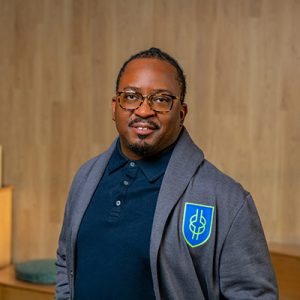
It is my experience – and the research and lived leadership of my BCP principal colleagues bears this out – that leaders engaging in critical reflection may be more likely to develop new insights and paradigms about the work that are contextually relevant and have greater chance of sustainability.
Read more about Mr. Henry’s new role at BCP and his leadership.
Thank you to all BCP Principals for your dedicated leadership and vision!
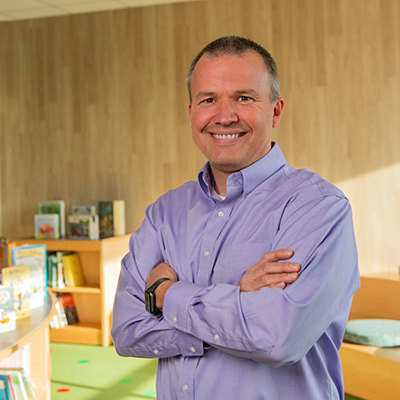
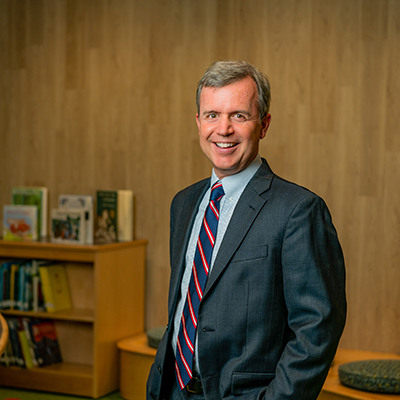
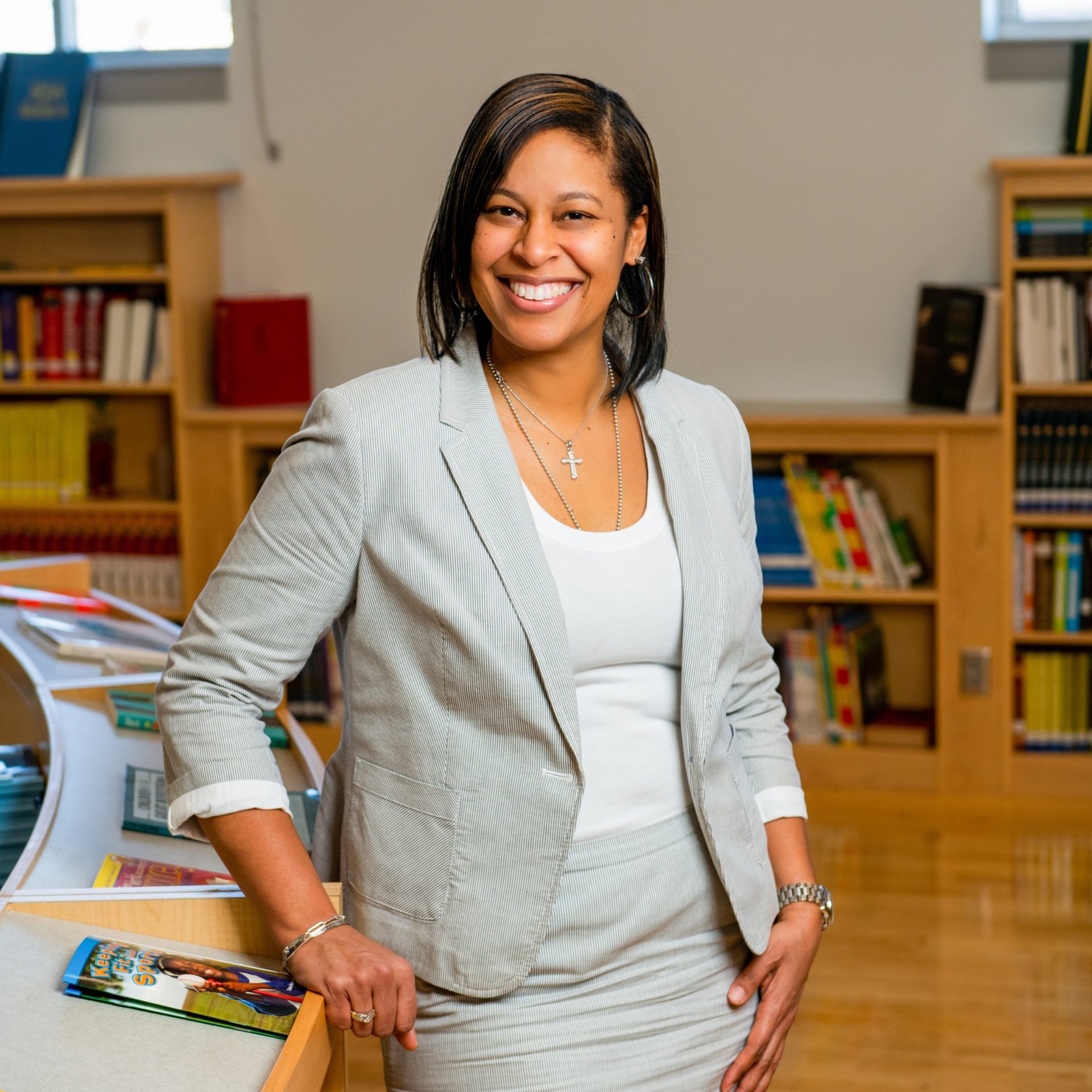
Tetra
Jackson
Frederick Elementary
